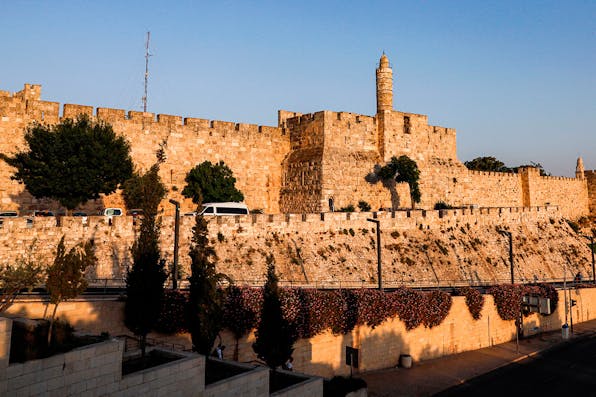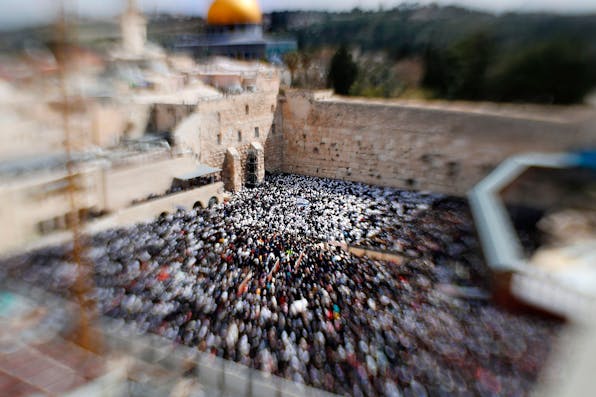
July 15, 2019
The Many Incoherences and Hypocrisies of International Law on Jerusalem
There's a quadruple standard at work: a double standard within a double standard.
Michel Gurfinkiel’s essay in Mosaic on Jerusalem’s status in international law provides excellent insight into the incoherent approach adopted by many of the world’s governments to Israel’s sovereign rights in and to its own capital. His analysis is particularly fascinating in demonstrating the outsized role played by the Catholic Church since 1948 in the persistent demands for Jerusalem’s internationalization.
In what follows, I’ll explore further the convoluted case for special treatment of Jerusalem on the basis of international law—an inquiry that can teach us a great deal about international-law claims against Israel in general.
Gurfinkiel questions in passing whether international law even exists, but (as he also concedes) we need not linger over such ontological considerations. Just as debates over whether contemporary art is really “art” can be profitably set aside, at least initially, in favor of direct assessments of the aesthetic value and appeal of particular works, we can focus on concrete and self-styled applications of international law while stipulating for the purposes of discussion that international law does exist, although it is vague and provides far fewer conclusive answers than its acolytes claim for it.
Responses to July ’s Essay

July 2019
The Many Incoherences and Hypocrisies of International Law on Jerusalem
By Eugene Kontorovich
July 2019
The Lessons of Previous Misadventures in “International Control”
By Jeremy Rabkin
July 2019
Don’t Entrust Jerusalem to the Muslims or the Jews (or the French)
By Douglas J. Feith
July 2019
Jerusalem Is and Always Will Be Treated as a “Special” Case
By Michel Gurfinkiel